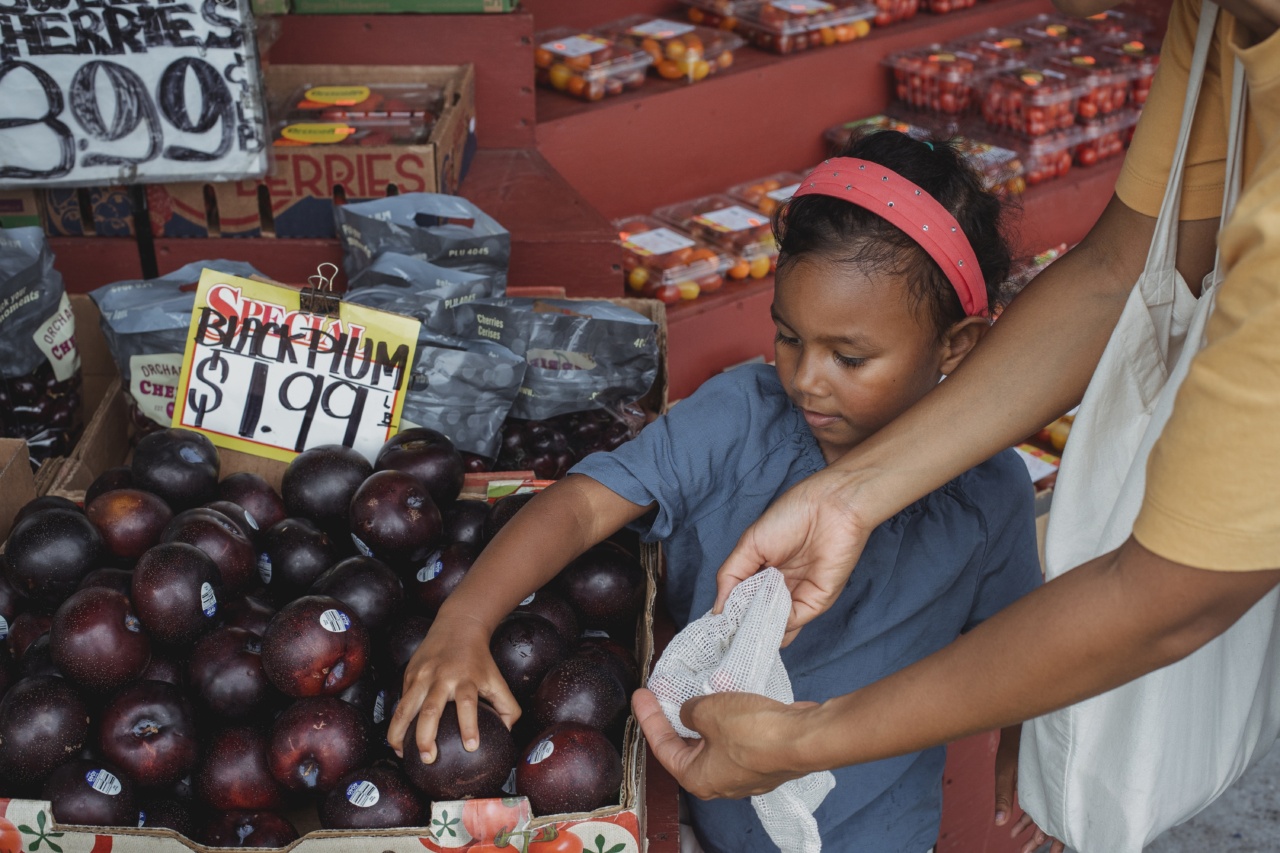Pregnancy is a delicate phase in a woman’s life, and expecting mothers are often bombarded with advice on what to eat and what to avoid.
Among the recommendations, two areas that pregnant women need to pay attention to are their cosmetic choices and consumption of packaged foods. Recent research suggests a potential connection between these factors and the risk of premature birth. This article explores the link between premature birth and the use of cosmetics as well as the consumption of packaged foods during pregnancy.
Understanding Premature Birth
Premature birth, commonly known as preterm birth, refers to the delivery of a baby before the completion of 37 weeks of gestation. According to the World Health Organization (WHO), an estimated 15 million babies are born prematurely worldwide each year.
Premature birth can lead to a range of health complications and developmental challenges for the newborn.
The Role of Cosmetics During Pregnancy
Cosmetics play a significant role in the lives of many women, and pregnancy should not be an exception.
However, some ingredients commonly found in cosmetics have raised concerns regarding their safety for both expectant mothers and their developing fetuses. Chemicals such as phthalates and parabens, which are commonly used as preservatives and fragrance enhancers, have been linked to adverse reproductive outcomes.
Phthalates and Premature Birth
Phthalates are a group of chemicals widely used in various consumer products, including cosmetics. Several studies have found a potential association between exposure to phthalates during pregnancy and an increased risk of premature birth.
One study published in the Journal of Pediatrics found that pregnant women with elevated levels of phthalates in their urine had a higher likelihood of delivering prematurely.
Parabens and Premature Birth
Parabens, another common ingredient in cosmetics, have also been studied for their potential impact on pregnancy outcomes.
A study published in the journal Environmental Health Perspectives found that prenatal exposure to certain parabens was associated with an increased risk of preterm birth. While more research is needed to establish a definitive link, these findings highlight the importance of cautious cosmetic choices during pregnancy.
Packaged Foods and Premature Birth
In today’s fast-paced world, packaged foods have become a convenient choice for many individuals, including pregnant women.
However, the excessive consumption of processed and packaged foods has been linked to various health issues, including an increased risk of premature birth.
Artificial Additives and Premature Birth
Many packaged foods contain artificial additives, such as preservatives, flavor enhancers, and artificial colors. These additives are often added to improve the taste, texture, and shelf life of products but may have detrimental effects on pregnancy.
A study published in the European Journal of Epidemiology found that pregnant women who consumed high amounts of foods with artificial additives had an increased risk of giving birth prematurely.
Trans Fats and Premature Birth
Trans fats, commonly found in hydrogenated oils and processed foods, have been linked to various health problems.
A study published in the American Journal of Clinical Nutrition found that pregnant women who consumed high levels of trans fats had a greater likelihood of premature birth. These findings suggest the importance of avoiding or minimizing the intake of trans fats during pregnancy.
The Need for More Research
While the existing studies provide valuable insights into the potential connection between premature birth and cosmetics/packaged food consumption during pregnancy, further research is necessary to establish a definitive link.
It is important to consider factors such as maternal lifestyle, overall diet, and other potential confounding variables when examining the impact of cosmetics and packaged foods on pregnancy outcomes.
Tips for Pregnant Women
Considering the potential risks associated with cosmetics and packaged foods, here are some tips for pregnant women:.
- Avoid cosmetics containing phthalates and parabens. Opt for natural or organic alternatives whenever possible.
- Read the labels of packaged foods carefully. Choose products with minimal artificial additives and trans fats.
- Emphasize a diet rich in whole, unprocessed foods such as fruits, vegetables, lean proteins, and whole grains.
- Stay hydrated by drinking plenty of water throughout the day.
- Consult with healthcare professionals, such as dermatologists and nutritionists, for personalized recommendations.
- Follow a well-balanced prenatal vitamin and mineral supplementation regimen as advised by your healthcare provider.
Conclusion
While the exact connection between premature birth and cosmetic/packaged food consumption during pregnancy requires further investigation, the existing evidence suggests a potential association.
Pregnant women should be cautious about the cosmetics they use and opt for natural alternatives whenever possible. Additionally, choosing whole, unprocessed foods over packaged and processed options can contribute to a healthier pregnancy. Further research is needed to provide more comprehensive guidelines on this topic.































